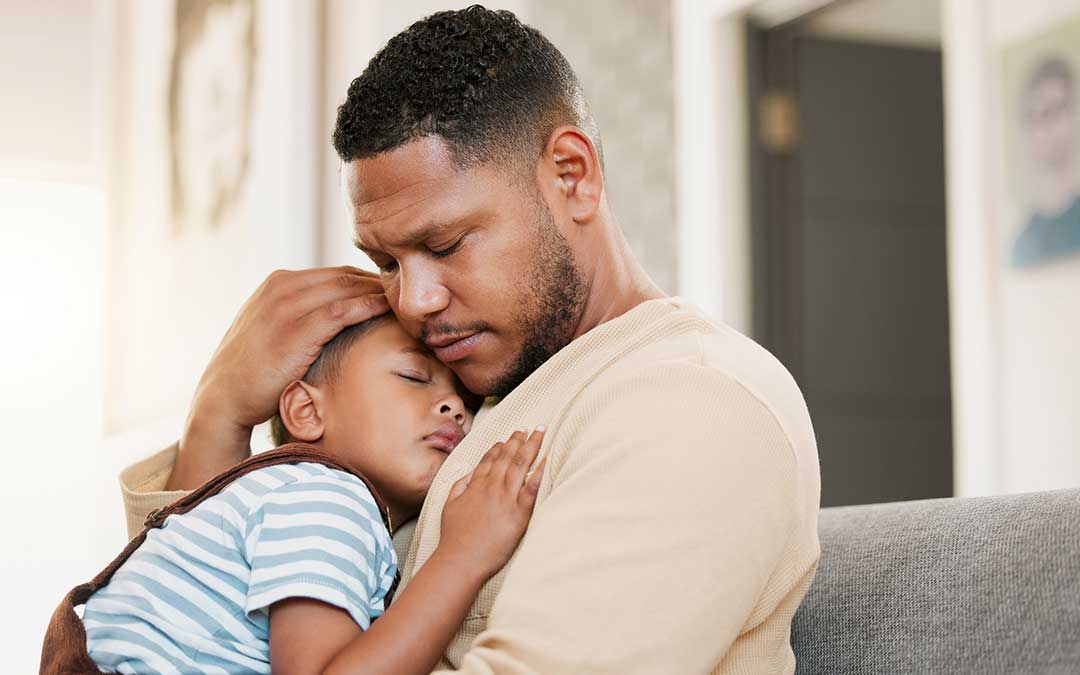By Risa Garon, MSW, LCSW-C, BCD, CFLE
Here are three common myths about men and divorce.
Myth 1: Men don’t grieve divorce.
Because men are socialized to fit certain cultural stereotypes, they might not feel they have permission to grieve. But men can experience a great deal of anguish in making the decision to divorce.
As a therapist, I see that men grieve as much as women. Men cry, feel anger, worried, deny, feel confused and go through a roller coaster of emotions through the divorce process.
Myth 2: Men don’t feel invested in their children.
One of the first comments I hear from divorced fathers is their sadness at not being with their children on a daily basis. These days men are driving car pools, coaching their kids’ sports teams, cooking meals, packing lunches, taking time off to attend school trips and other events. Men help their children to cope with transitions and want to be a major part of their children’s lives.
Even with men who weren’t very involved with their children during their marriage, may now be ready to take on an active co-parenting role after divorce. In a low-conflict divorce, can parents begin to co-parent constructively for the first time.
Myth #3: Men don’t need support.
This is a common myth that can be harmful to men’s mental health. Men do experience emotional pain, and they need support. But the stigma around men seeking help can prevent them from getting the support they need.
There is no shame in getting help, and men need to remember that they deserve to be happy and healthy. We need to encourage men to reach out for support when they need it.





